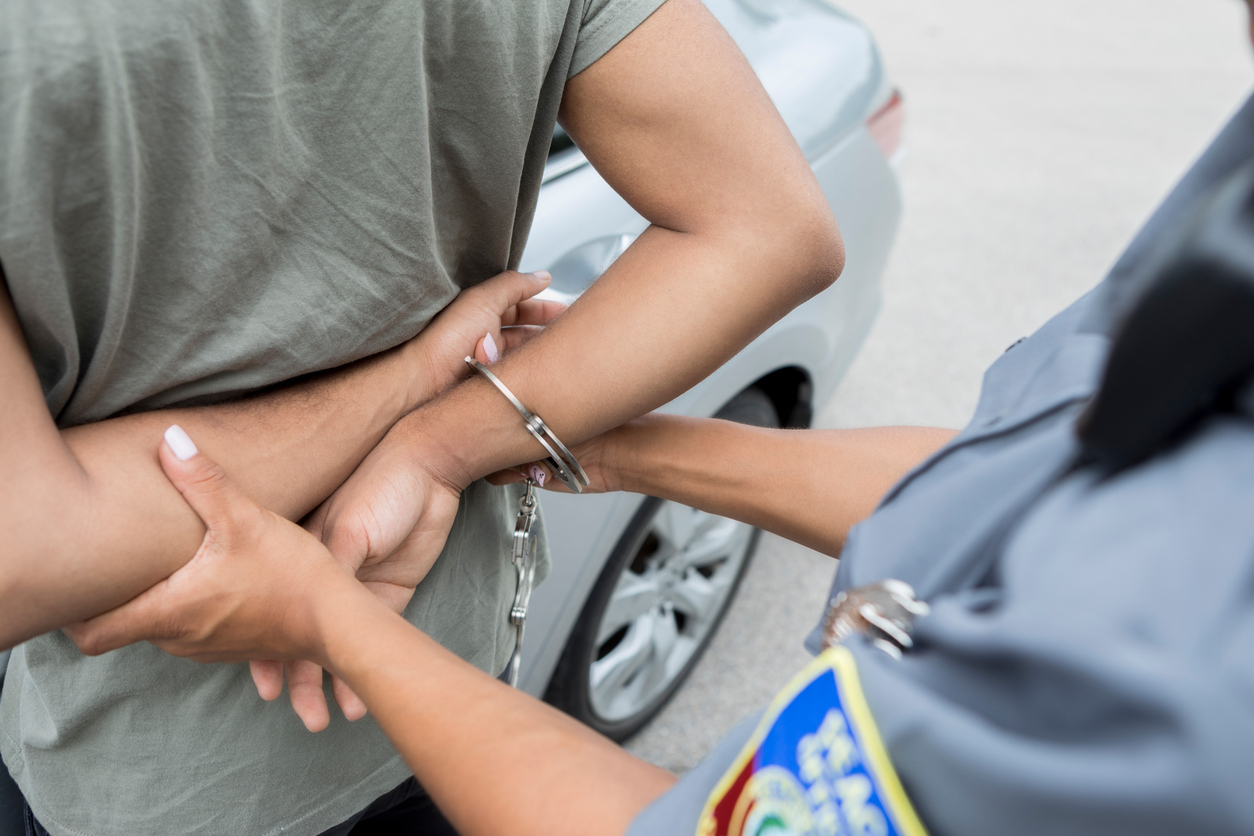What Are Your Miranda Rights?
Rooted in the Fifth Amendment, Miranda rights are meant to protect you as a United States citizen. Many of us are familiar with the phrase, ‘you have the right to remain silent,’ and some of what comes after. However, few have taken the time to fully comprehend what Miranda rights mean, especially for a criminal defense strategy.
Anything you say could be used against you and your criminal case in a court of law. As such, you have the right not to answer the police questions when you are arrested.
You have the right to a criminal defense attorney, regardless of your ability to pay for that attorney. You have the right to have your legal representative present during police questioning. If you cannot afford a lawyer, one will be appointed for you – this lawyer is known as a public defender.
You can exercise these rights anytime and decline to answer questions or make any statements to the police.
If you speak to the police, your Miranda rights will not protect you. Any single word said could be used as self-incrimination in your court case.
Even if you have ignored your Miranda warning and chosen to participate in an interrogation or make a statement, you can still choose to stop participating and cease talking at any point.
Miranda rights are not just a formality; they are often a fundamental and central part of a criminal case in Louisiana. Your Miranda rights ensure that you are aware of your rights and the risk of self-incrimination when deciding whether to cooperate with law enforcement. Having a firm understanding of these rights can be the first step toward building a strong legal defense strategy.
If you believe that your Miranda rights have been violated in any way, it is recommended that you contact experienced criminal defense lawyers immediately. Our Louisiana law firm has extensive experience representing criminal cases and would be proud to represent your legal rights in and out of a court of law.
When Should Miranda Rights Be Read in Louisiana?
In Louisiana, Miranda warnings are applicable whenever an individual is in police custody for any alleged criminal offense or criminal activity.
Crimes that require Miranda warnings include the following:
- Drug crimes.
- Sex crimes.
- Theft crimes.
- Violent crimes.
- Property crimes.
- Domestic violence.
If you are arrested and taken into custody, the law dictates that you must read your Miranda rights. If the police fail to inform you of your Miranda rights, you can take legal action in court. However, it is worth noting that they are only required to read your Miranda rights if they intend to conduct custodial interrogation with you.
Are There Exceptions When Miranda Warnings Are Not Required?
Two circumstances must occur for police officers to be required to issue a Miranda warning to a Louisiana resident. First, they must take a suspect into custody or significantly withhold their freedom, and additionally, they must intend to interrogate them. If an individual is not prevented from leaving or is not in police custody, reading the Miranda rights is not considered necessary. It is also possible for law enforcement to forgo the need to read your Miranda rights when you are placed under arrest but will need to read them later in interrogation.
There are exceptions to the requirement for Miranda warnings in the state of Louisiana. These exceptions apply when police question someone for public safety purposes, stop vehicles for traffic violations, ask standard booking questions (like your personal information or address), or use an informant to talk to a person while they are incarcerated.
When there is a Miranda warning violation, evidence obtained from the violation can typically be excluded in a court case. However, there are some exceptions to this rule. These exceptions include the questioning of a suspect and identification of a potential witness, the discovery of tangible evidence in the questioning of a suspect, questioning was conducted as a matter of public safety, or there is a belief that there was an inevitable discovery of evidence regardless of the lawfulness of questioning.
What if Miranda Rights Are Not Read During an Arrest?
If there were violations or missteps in the reading of Miranda rights to an individual placed in police custody or under interrogation, this could become a fundamental aspect of creating a successful criminal defense strategy. It is not unheard of for law enforcement to employ various forms of intimidation, trickery, or wrongdoing to secure a conviction. Your criminal defense lawyers will explore all possible avenues for a legal defense strategy, including investigating whether there was a violation of your Miranda rights.
To ensure that your case qualifies as a violation of Miranda rights, you must speak with an experienced criminal defense attorney in Louisiana. Our law firm has deep knowledge of state laws and would be proud to provide you with the legal advice necessary to help you with your case.
Can You Waive Your Miranda Rights?
It is usually not advisable to speak to the police without a lawyer present. However, you have the right to waive your Miranda rights and say what you want to say. This decision must be made voluntarily and with a full comprehension of the legal consequences.
How Do You Invoke Your Right to an Attorney?
If you are being interrogated without a lawyer present, you have the right to ask for an attorney. At this point, the interrogation must end. Your request for an attorney must be clear and unequivocal. If there is any ambiguity about your request for legal representation, law enforcement has the right to continue their interrogation.
Can Your Silence Be Used Against You?
No. You have the constitutionally protected right to remain silent and not answer questions or make any statements to law enforcement.
Schedule a Free Case Evaluation with an Experienced Criminal Defense Attorney Today
If you were questioned by police without being read your Miranda rights, you should be aware that this could be considered a potential violation of your constitutional rights. If your rights were violated, evidence that stemmed from those violations could be thrown out and be considered inadmissible. As a result, charges against you could potentially be reduced or dismissed entirely.
To learn more about your legal rights and how a criminal defense lawyer can help you with your case, don’t hesitate to get in touch with our law firm to schedule a free consultation with our legal team. You may reach us at 318-594-3592.


 Call Us Now
Call Us Now Email Us Now
Email Us Now


